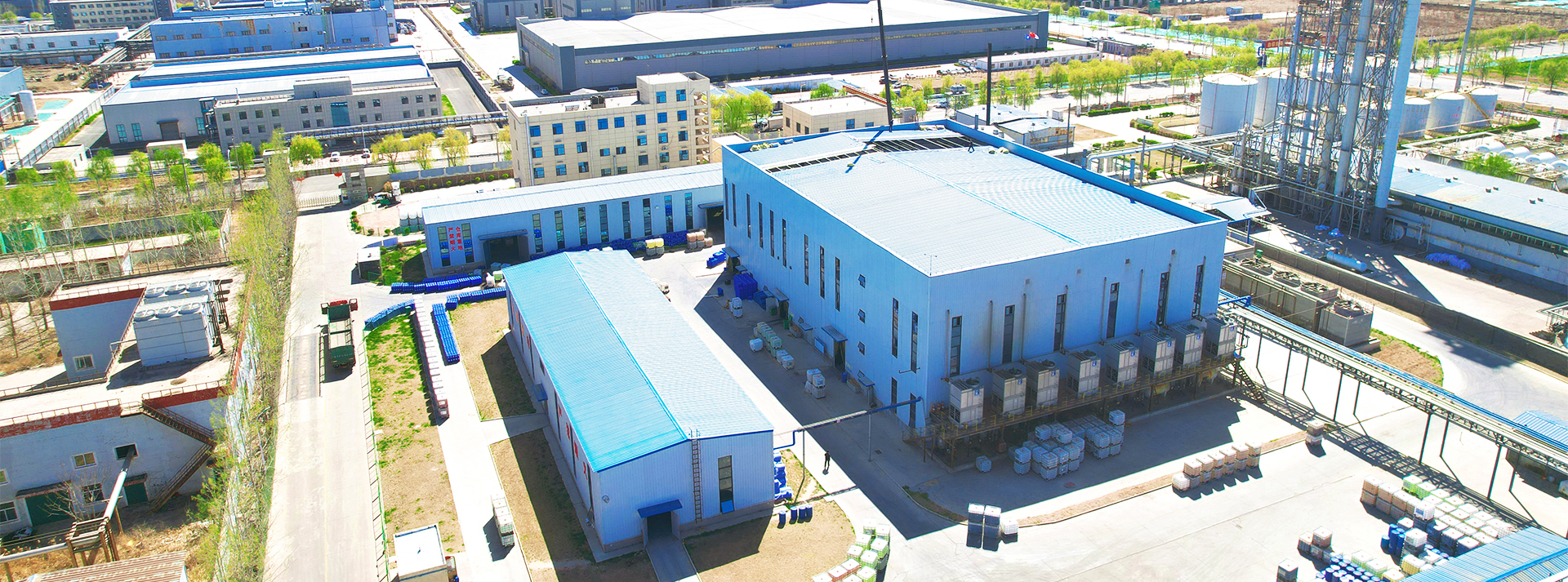Affordable Flocculants Available for Purchase Quality Chemicals for Water Treatment
Flocculants for Sale A Guide to Choosing the Right One for Your Needs
In various industries, the need for effective water treatment and particle separation is critical. Flocculants are chemical agents that facilitate the aggregation of particles in liquids, making them easier to remove. Whether you are working in wastewater treatment, mining, paper production, or any number of sectors, understanding the types and applications of flocculants is essential for improving efficiency and ensuring compliance with environmental regulations. This article explores flocculants available for sale, their types, applications, and tips for choosing the right one for your specific needs.
What Are Flocculants?
Flocculants are substances that promote the clumping together (or flocculation) of fine particulates in liquids. They work by neutralizing the electrical charges that hold particles in suspension, leading to their aggregation into larger particles or flocs that can be easily removed through sedimentation or filtration. Flocculants are typically used in various processes including wastewater treatment, drinking water purification, and mineral processing.
Types of Flocculants
There are primarily two categories of flocculants organic and inorganic. Each type has its unique properties and applications.
1. Organic Flocculants These are derived from natural sources or are synthetic polymers. Common examples include polyacrylamide (PAM) and naturally occurring materials like starch and cellulose. Organic flocculants are favored for their effectiveness, as they can be tailored to target specific particles. They are commonly used in municipal sewage treatment, industrial wastewater treatment, and pulp and paper milling.
2. Inorganic Flocculants Consisting mainly of metal salts, such as aluminum sulfate or ferric chloride, inorganic flocculants are effective in destabilizing and aggregating suspended solids. These flocculants are typically less expensive and can be used in large-scale applications, such as municipal water treatment plants. They are known for their rapid action and are often favored in situations where rapid particle removal is required.
Applications of Flocculants
Flocculants are applied in a plethora of industries, showcasing their versatility
- Wastewater Treatment In municipal and industrial wastewater treatment, flocculants help remove suspended solids and clarify the water. The choice of flocculant can significantly influence the efficiency of the treatment process.
- Mining Flocculants are used in the mining industry to improve the recovery of minerals from ores, clarify waste streams, and reduce water usage in processing plants.
flocculant for sale

- Paper and Pulp Industry In this sector, flocculants are used to improve fiber retention and enhance paper quality, ensuring that the manufacturing process runs smoothly
.- Food and Beverage Processing Flocculants aid in clarifying juices and sugars, providing a cleaner product and reducing the need for additional filtration processes.
Choosing the Right Flocculant
When considering flocculants for sale, several factors should guide your decision-making
1. Water Quality and Characteristics Consider the nature of the water or solution you are treating. The concentration of suspended solids, pH, and temperature can all influence the effectiveness of a particular flocculant.
2. Regulatory Compliance Be aware of any regulations governing the use of chemicals in your industry. Make sure the flocculant you choose meets environmental standards.
3. Cost and Availability Compare prices of different flocculants while assessing their effectiveness and required dosage rates. Bulk purchasing can often reduce costs.
4. Supplier Reputation Look for suppliers who offer high-quality products and customer support. Reading reviews and seeking recommendations can help identify reputable sources.
5. Trial Runs If possible, conduct trial runs with different flocculants to determine which performs best in your specific application.
Conclusion
Flocculants play a pivotal role across various industries by improving efficiency in water treatment and particle separation processes. By understanding the types of flocculants available for sale and their applications, businesses can make informed decisions contributing to environmental sustainability and operational efficiency. When selecting a flocculant, take into account the specific needs of your operation and seek reliable suppliers to ensure that you achieve the desired results. With the right flocculant, you can enhance the quality of your processes and comply with environmental standards effectively.
-
Water Treatment with Flocculant Water TreatmentNewsJun.12,2025
-
Polymaleic AnhydrideNewsJun.12,2025
-
Polyaspartic AcidNewsJun.12,2025
-
Enhance Industrial Processes with IsothiazolinonesNewsJun.12,2025
-
Enhance Industrial Processes with PBTCA SolutionsNewsJun.12,2025
-
Dodecyldimethylbenzylammonium Chloride SolutionsNewsJun.12,2025





